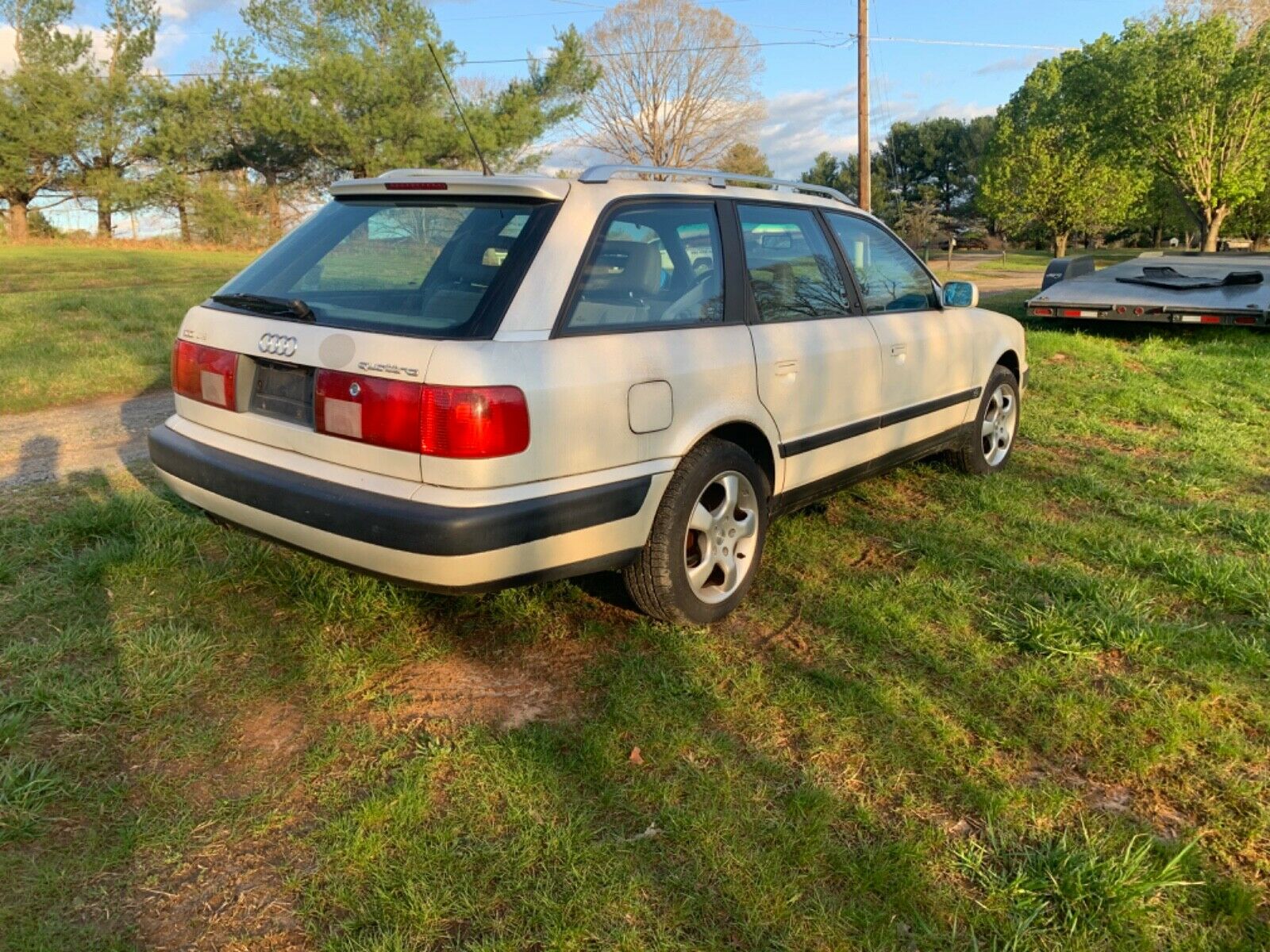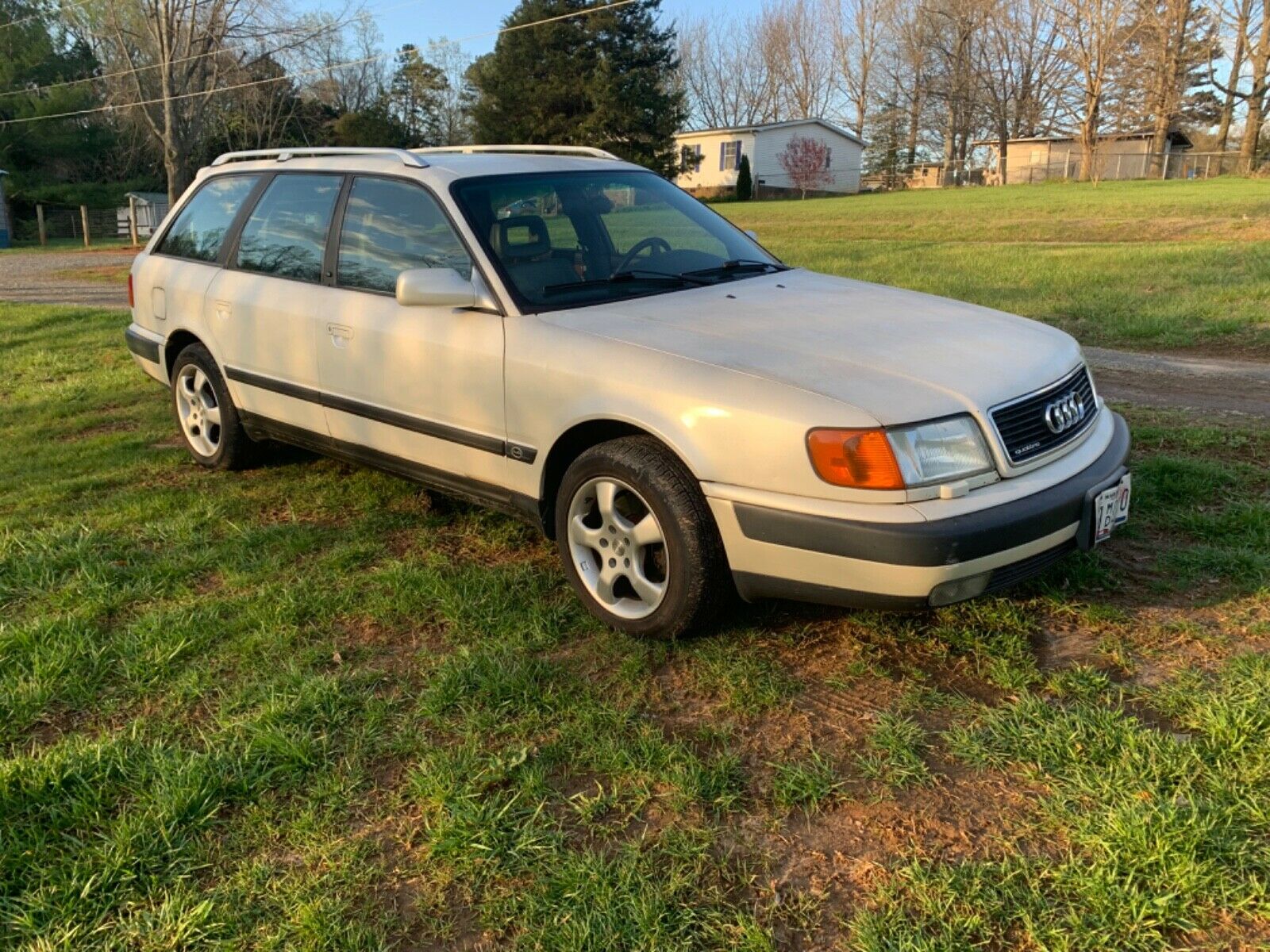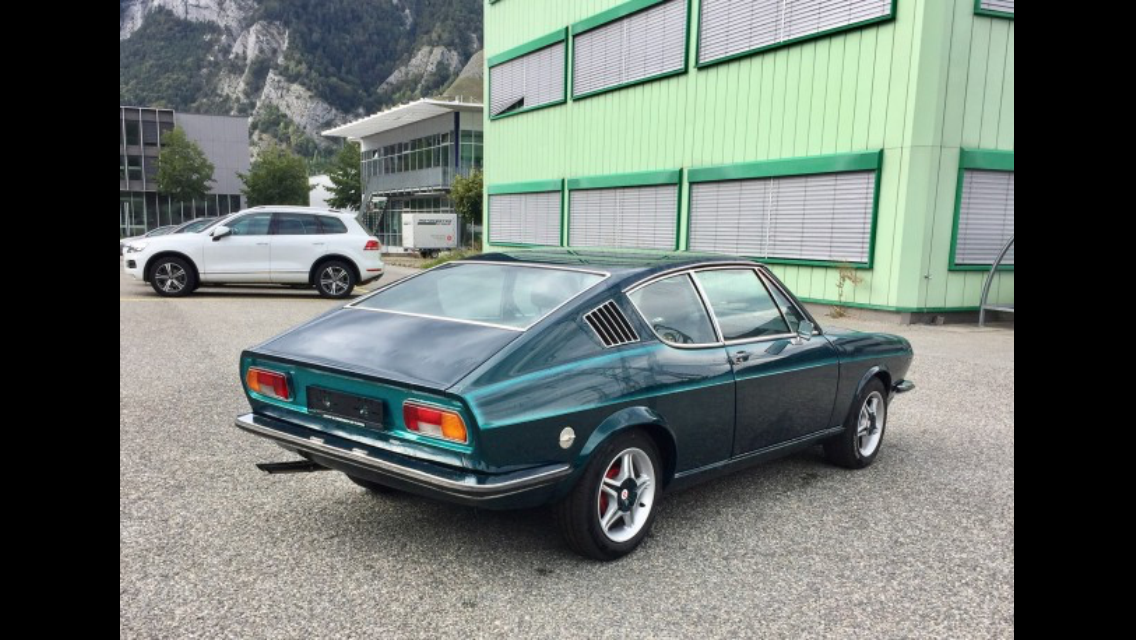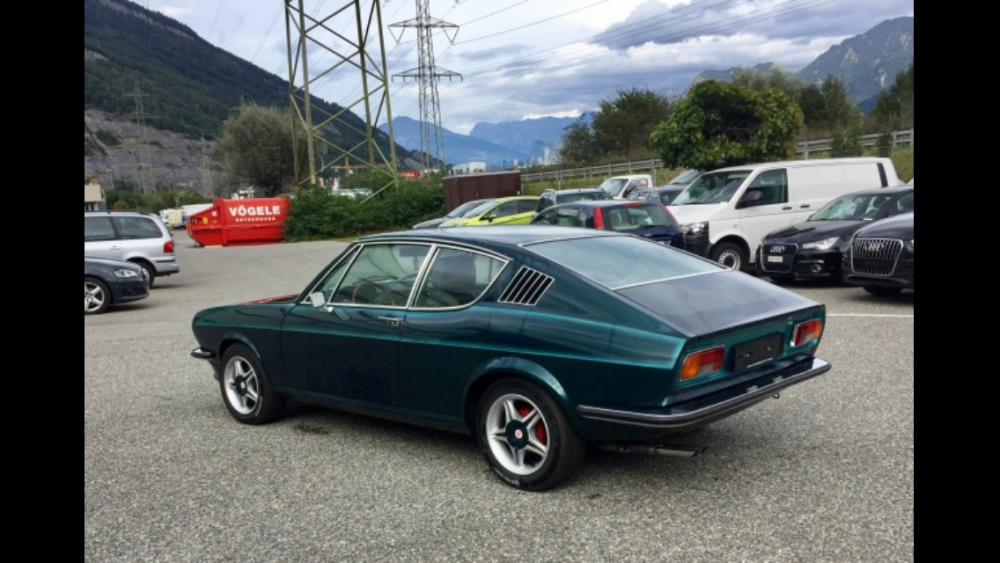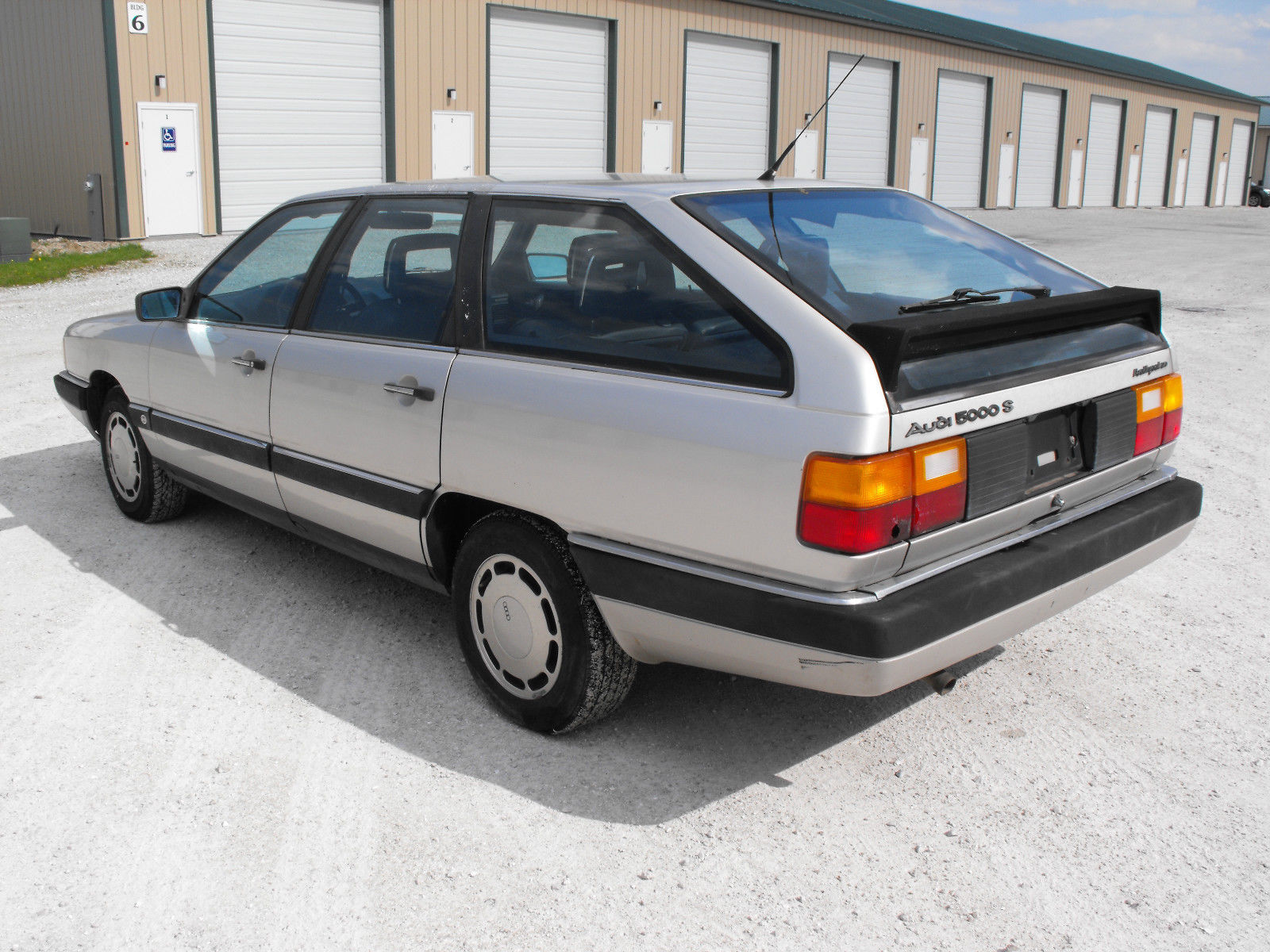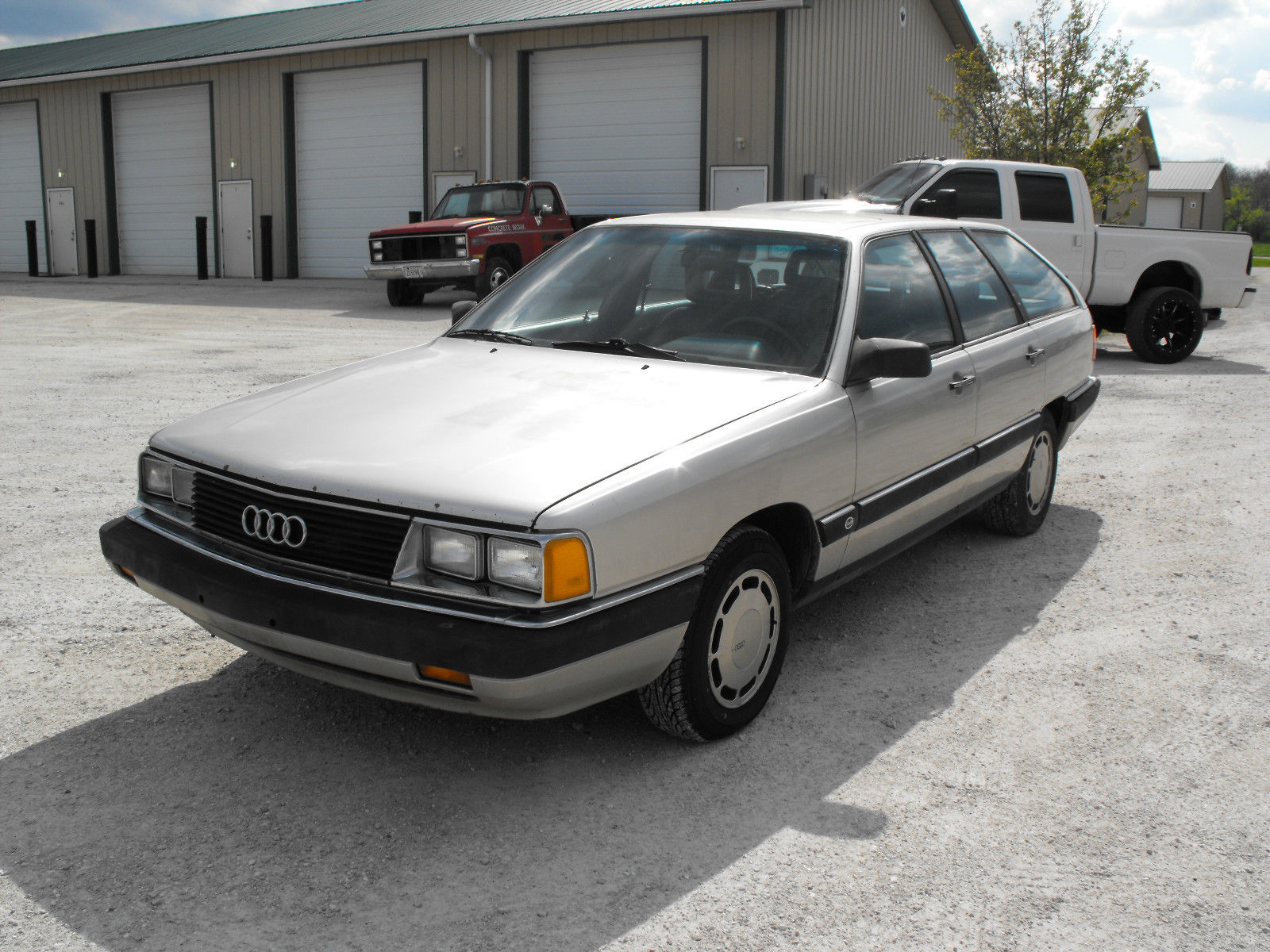Though it was instantly recognizable as an Audi, the all-new-for-’92 C4 bore little resemblance to the boxy C3 it replaced. Fluid lines and curves dominated the design, while new running gear and motors made a splash in performance. The C4 continued to stress Audi’s pioneering aerodynamic tradition, but the result this time was a car which seemed far less top-heavy than the chassis it replaced. It looked more trim even if it was a bit bigger than the outgoing model.
On the fly, the 100’s new motivation was a revelation. The 2.8 liter V6 replaced the 2.3 liter inline-5, and though horsepower was only 172 and torque 184, both figures represented a nearly 30% gain over the 5-pot. New, too, was a 4-speed automatic transmission. And while the inside looked little different from the last of the C3, only switchgear was shared and the C4 brought a host of new safety and convenience features to the large-chassis Audi.
Strange, though, was the re-appearance of Audi’s earlier naming convention in the US. Back in the early days of the 5000, Audi had used the “S†and “CS†monikers to denote turbo and quattro models at times (but, again being Audi, inconsistently). Well, the S and CS were back after a four-year hiatus. Base model 100 came with steel wheels, while the “S†model stepped you up in options and gave you alloys. But outside of the 20V turbo S4 model, the 100 to get was still the 100CS, which was the most loaded and gave you the option for Audi’s quattro drivetrain. Fully loaded, they were around $35,000 – not cheap, but also not the most expensive in class, and were still pretty unique in offering all-wheel drive. But like the C3, the front-drive 100/100S/100CS outsold the quattro model by a fair margin and are more common to find still kicking today. Audi claims they traded just 2,230 of the new 100CS quattro in 1992, only portion of which were wagons, so let’s take a peek at this Avant:
